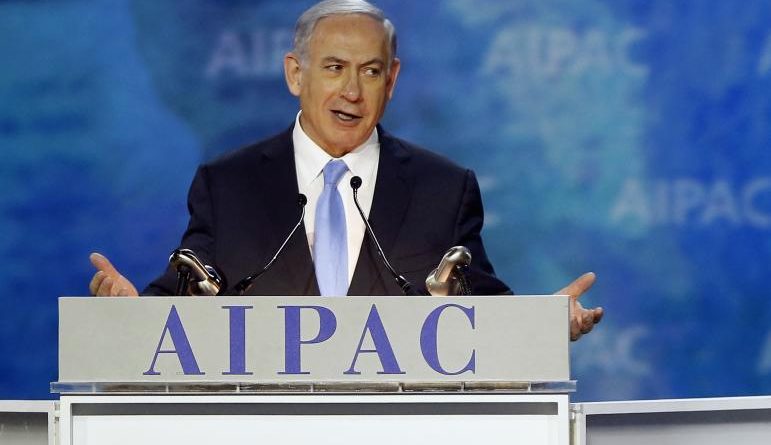Israel Faces Double Crisis
Luisa Chainferber
Senior Correspondent
Israel is being tested by crises on multiple fronts. More than three thousand Israelis have tested positive for the coronavirus, reports Haaretz. The Israeli government plans to implement more measures to stop the spread of the virus.
Besides the virus, Israel is also experiencing political turmoil. Amid the pandemic, Knesset Speaker Yuli Edelstein of the governing Likud party announced his resignation on March 25, reports The Times of Israel. Edelstein justified his resignation with his refusal to implement a High Court order that would start an election for his replacement. He described the order as a radical interpretation of the law and claimed it was an unjustified judicial intervention on the legislative branch.
Before Edelstein resigned, other members of Prime Minister Benjamin Netanyahu’s Likud Party encouraged him to disregard the court order, reports Foreign Policy. Other parts of the government, however, did not approve of Edelstein’s decision. For example, Supreme Court Chief Justice Esther Hayut expressed criticism and said that a refusal to hold a vote would be damaging for democracy and the status of the legislative branch.
In addition to the resignation, another source of political turmoil is the anger of political rival and former Army chief Benny Gantz’s supporters as he and Netanyahu form a unity government with Netanyahu, reports Al Jazeera. Benjamin Netanyahu asserts that under this unity government, he would eventually leave office and Gantz would then become the prime minister. A rotational government was also proposed, although there is no formal agreement to it yet. Nonetheless, Gantz’s supporters expressed disappointment and opposed the idea of an alliance with Netanyahu.
Although Gantz was elected on March 26 as the new speaker of Knesset, many people in his party disapprove of the idea that he could form a partnership with Benjamin Netanyahu, given that Netanyahu is under a criminal indictment.
Nonetheless, Gantz justified his decision by the issues that have arisen from the coronavirus pandemic. The former Army chief noted that it was not viable for Israel to have a fourth election in less than a year. In a statement, he explained that the country needed to create a national emergency government so that it would be possible to tackle the health crisis and avoid more stress for the economy. “This is the time for leaders to choose what is right and put the lingering issues and personal scores aside,” Gantz added.
Indeed, despite previous party splits, Labor party chairman Amir Peretz and Gesher leader Orly Levy-Abecassis publicly communicated their interest to join this unity government, reports The Jerusalem Post. While Peretz said in an interview that he would make demands if he joins the coalition, he also stressed the importance of a compromise, given Israel’s current circumstances.
On a similar note, Netanyahu announced further restrictions on movement to stop the spread of the coronavirus on March 27, reports The Jerusalem Post. Netanyahu noted that if the infection continues to spread at its current space, a full shutdown of Israel will be the only option available. According to Health Ministry Director-General Moshe Bar Siman Tov, the number of coronavirus cases doubles every three days. Besides the new restrictions, Israel’s Finance Ministry is also working to build an 80 billion shekel stimulus package to aid the economy.


